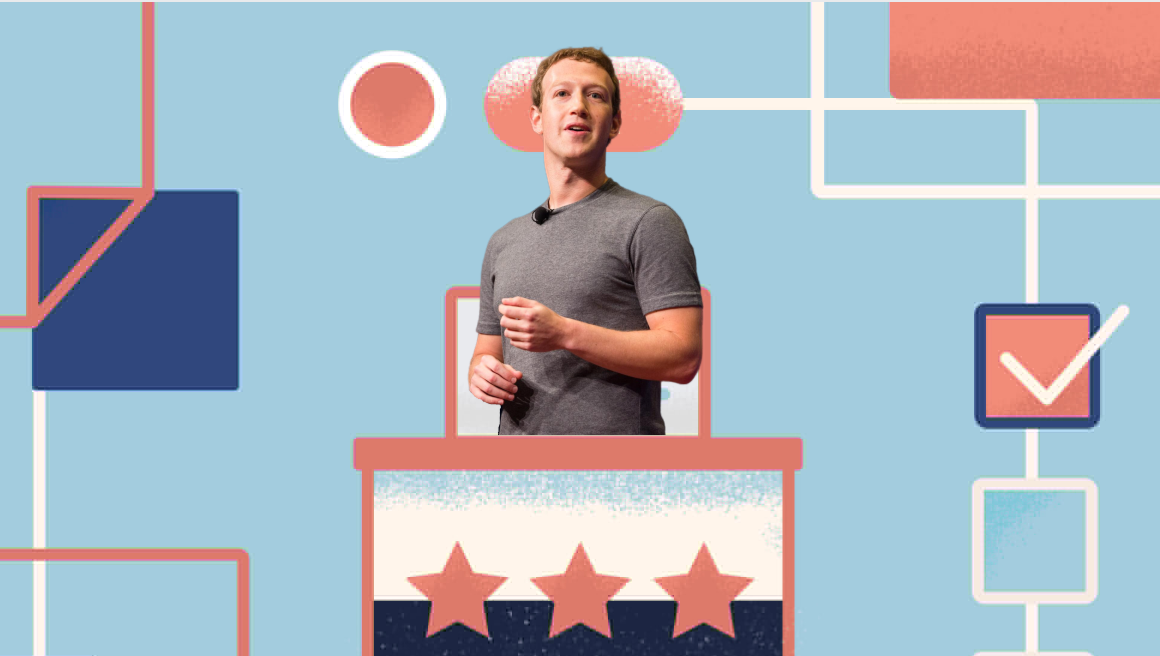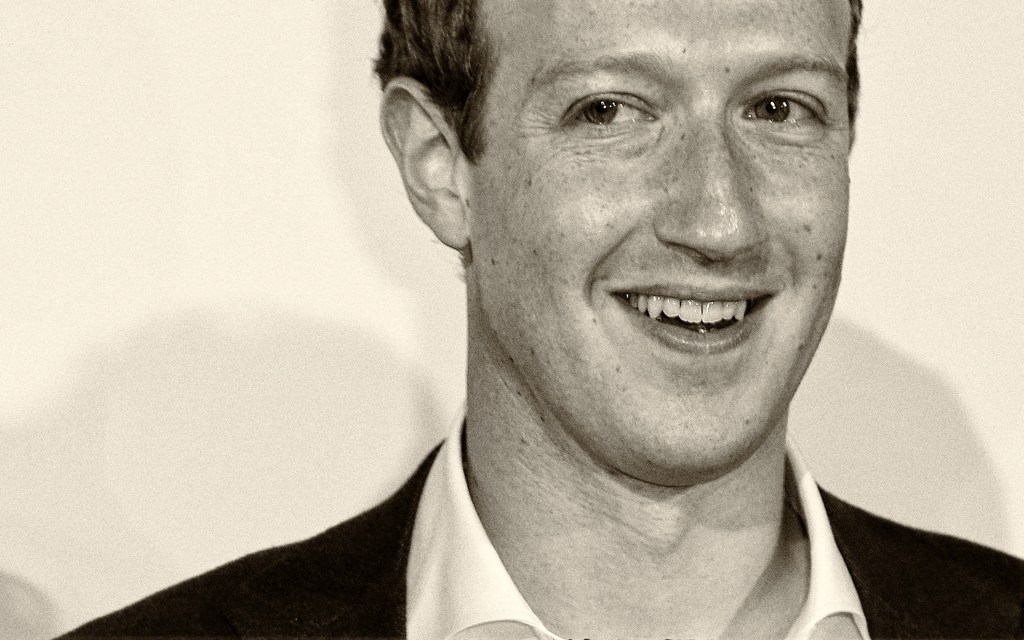Mark Zuckerberg won’t be spending 2020 focused on wearing ties, learning Mandarin or just fixing Facebook. “Rather than having year-to-year challenges, I’ve tried to think about what I hope the world and my life will look in 2030,” he wrote today on Facebook. As you might have guessed, though, Zuckerberg’s vision for an improved planet involves a lot more of Facebook’s family of apps.
His biggest proclamations in today’s notes include that:
- AR – Phones will remain the primary computing platform for most of the decade but augmented reality could get devices out from between us so we can be present together — Facebook is building AR glasses
- VR – Better virtual reality technology could address the housing crisis by letting people work from anywhere — Facebook is building Oculus
- Privacy – The internet has created a global community where people find it hard to establish themselves as unique, so smaller online groups could make people feel special again — Facebook is building more private groups and messaging options
- Regulation – The big questions facing technology are too thorny for private companies to address by themselves, and governments must step in around elections, content moderation, data portability and privacy — Facebook is trying to self-regulate on these and everywhere else to deter overly onerous lawmaking

These are all reasonable predictions and suggestions. However, Zuckerberg’s post does little to address how the broadening of Facebook’s services in the 2010s also contributed to a lot of the problems he presents:
- Isolation – Constant passive feed scrolling on Facebook and Instagram has created a way to seem like you’re being social without having true back-and-forth interaction with friends
- Gentrification – Facebook’s shuttled employees have driven up rents in cities around the world, especially the Bay Area
- Envy – Facebook’s algorithms can make anyone without a glamorous, Instagram-worthy life look less important, while hackers can steal accounts and its moderation systems can accidentally suspend profiles with little recourse for most users
- Negligence – The growth-first mentality led Facebook’s policies and safety to lag behind its impact, creating the kind of democracy, content, anti-competition and privacy questions it’s now asking the government to answer for it
Noticeably absent from Zuckerberg’s post are explicit mentions of some of Facebook’s more controversial products and initiatives. He writes about “decentralizing opportunity” by giving small businesses commerce tools, but never mentions cryptocurrency, blockchain or Libra directly. Instead he seems to suggest that Instagram store fronts, Messenger customer support and WhatsApp remittance might be sufficient. He also largely leaves out Portal, Facebook’s smart screen that could help distant families stay closer, but that some see as a surveillance and data collection tool.
I’m glad Zuckerberg is taking his role as a public figure and the steward of one of humanity’s fundamental utilities more seriously. His willingness to even think about some of these long-term issues instead of just quarterly profits is important. Optimism is necessary to create what doesn’t exist.
Still, if Zuckerberg wants 2030 to look better for the world, and for the world to look more kindly on Facebook, he may need to hire more skeptics and cynics that see a dystopic future instead — people who understand human impulses toward greed and vanity. Their foresight on where societal problems could arise from Facebook’s products could help temper Zuckerberg’s team of idealists to create a company that balances the potential of the future with the risks to the present.
For more on why Facebook can’t succeed on idealism alone, read:































Comment